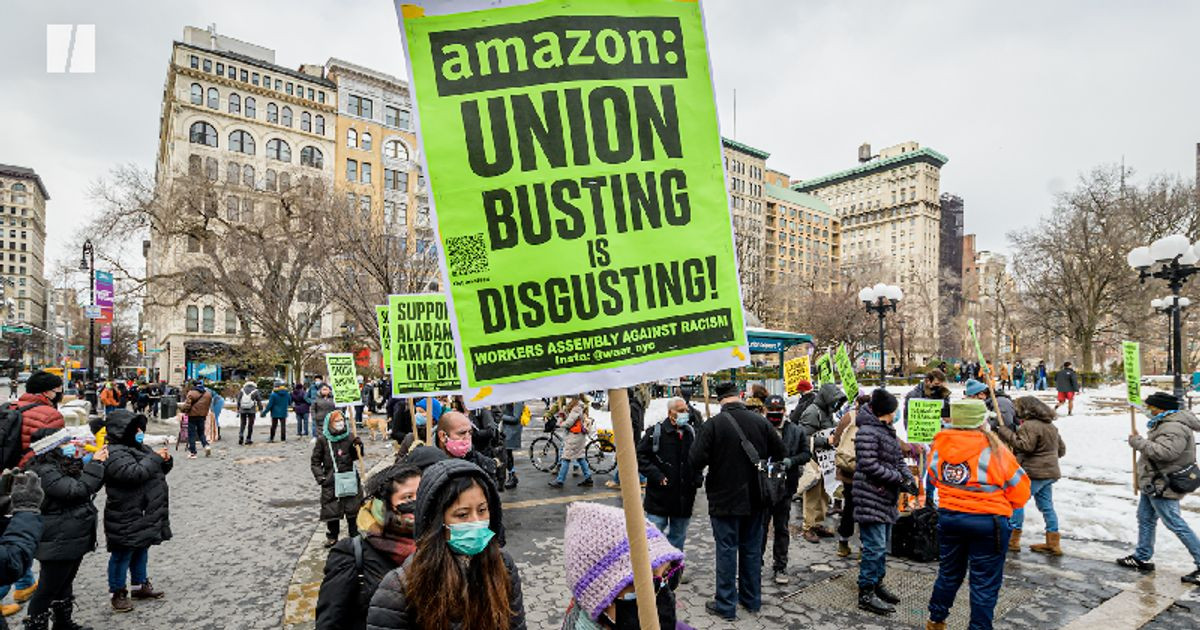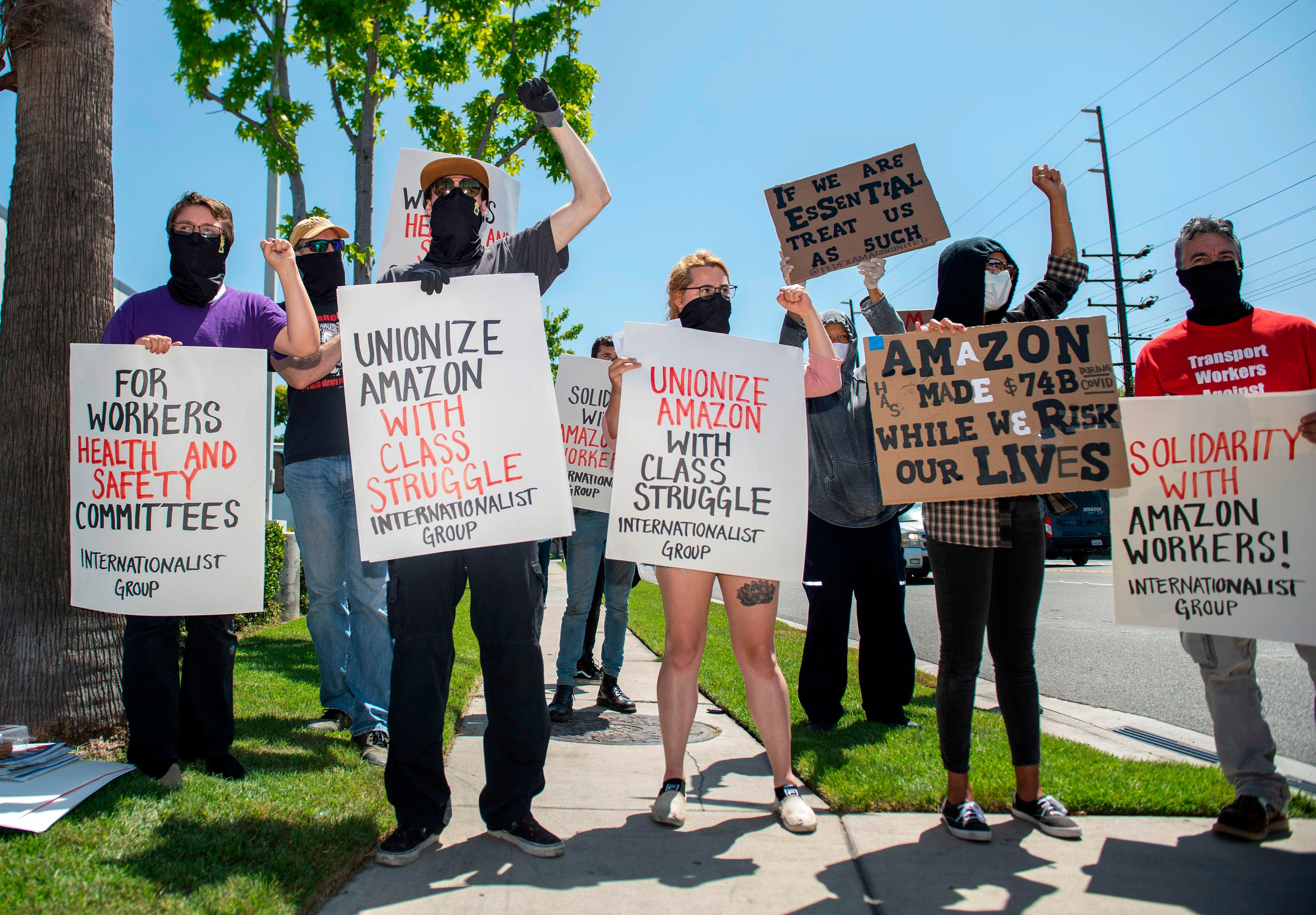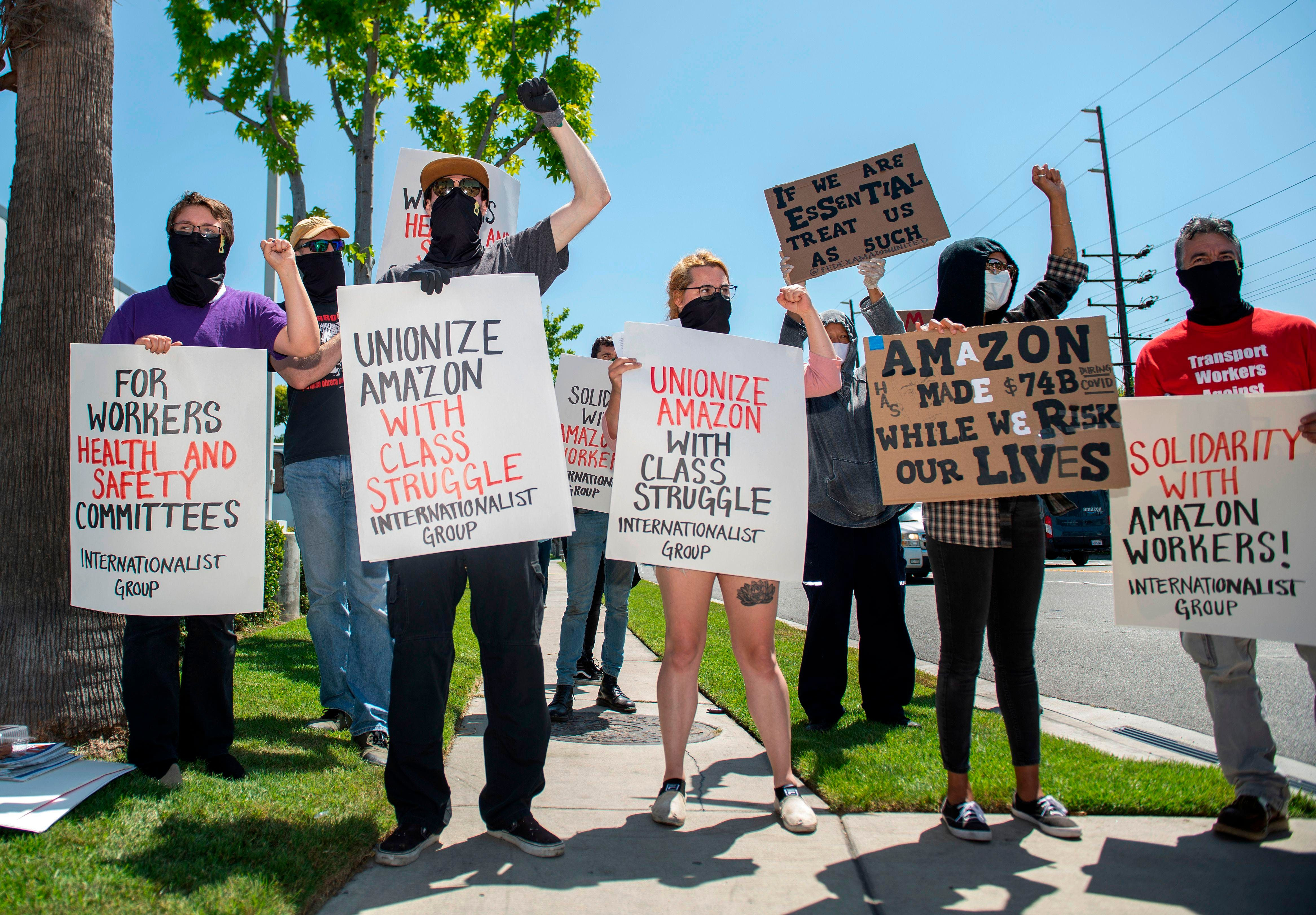Amazon's Unexpected Exit from Quebec: 1,700 Job Losses and a Wave of Controversy
Amazon announced on Wednesday, January 22, 2025, a decision that sent shockwaves through Quebec: the closure of all seven of its warehouses in the province. This unexpected move will result in the layoff of 1,700 permanent employees and another 250 temporary seasonal workers, impacting thousands more independent contractors. The closure, slated to unfold over the next two months, has sparked outrage and ignited a debate over the role of unionization and potential anti-union tactics.
The Official Explanation: Cost-Cutting Measures?
Amazon spokesperson Barbara Agrait attributed the decision to a recent review of its Quebec operations. The company claims that a return to a third-party delivery model, similar to its pre-2020 strategy, will deliver greater cost savings and maintain the same high level of customer service in the long run. This statement, however, has been met with skepticism from many quarters, fueling speculation about deeper, more contentious underlying factors.
A Closer Look at the Affected Facilities
The closures affect a diverse range of Amazon facilities across Quebec, including those located in Laval, Lachine, Longueuil, and Côteaux-du-Lac. These encompass one fulfilment centre, two sorting centres, three delivery stations, and a facility dedicated to the shipment of large items such as TVs and furniture. The phased closure over two months indicates a carefully planned transition rather than a sudden, emergency-driven decision.
The Unionization Factor: A Contentious Debate
The timing of the announcement is striking, given the recent successful unionization efforts at Amazon's Laval DXT4 warehouse. This warehouse, the first in Canada to unionize, saw around 300 employees successfully organize, highlighting issues like intense work pace, low wages, and inadequate health and safety measures. The Confederation des Syndicats Nationaux (CSN), a union federation representing the workers, immediately denounced the closures, suggesting a direct link to the unionization efforts. CSN president Caroline Senneville expressed outrage, stating the decision was a “slap in the face” of Quebec workers.
Accusations of Union Busting
The CSN's accusations are echoed by political figures such as NDP Leader Jagmeet Singh, who explicitly termed the decision “union busting.” These allegations point towards Amazon strategically closing operations in Quebec to circumvent the potential challenges and costs associated with negotiating a collective agreement with a unionized workforce. The fact that Quebec is the only province in Canada with a unionized Amazon warehouse adds further fuel to the fire.
Alternate Explanations: Tariffs and Economic Factors
Not everyone agrees that unionization is the sole driver behind Amazon's withdrawal. Some observers, like Concordia University economics professor Moshe Lander, suggest that the closures may be linked to potential future tariffs or other economic considerations. While acknowledging the possibility of cost-cutting, Lander questions why Amazon would return to a third-party model after investing in its own Quebec infrastructure. He suggests that the impending threat of tariffs under U.S. President Donald Trump's administration might be prompting Amazon to preemptively withdraw from the province. However, the CSN president disagrees, pointing out that Amazon’s Canadian sales are not primarily destined for the U.S. market.
The Broader Economic Impact
Professor Lander emphasizes the potentially worrying signal this sends to other businesses, raising questions about the long-term economic effects of Amazon's departure. While 1,700 job losses may not seem substantial in the context of Quebec's overall employment, the loss of a major player like Amazon represents a considerable blow, potentially impacting other related businesses and the overall business climate.
Quebec's Response: Support for Laid-off Workers
The Quebec government, while acknowledging its inability to directly manage a private company’s decisions, has pledged support to the affected workers. The province’s employment and labour ministers have emphasized that initiatives will be undertaken to aid in job placement and reintegration into the workforce, highlighting existing programs and the creation of a redeployment assistance committee. Quebec Premier François Legault expressed sympathy for the impacted families but emphasized the private nature of Amazon's decision.
The Uncertain Future: Amazon's Legacy in Quebec
Amazon's closure of its Quebec facilities marks a significant moment, leaving behind not only job losses but also a contentious legacy. The debate surrounding the company's motives, ranging from cost-cutting to union busting, underscores the complex interplay between corporate decisions and labor relations. The long-term economic consequences for Quebec and the impact on workers' lives will continue to unfold in the coming months and years. The future of e-commerce in the province and the repercussions of this decision are undeniably intertwined, leaving the residents and policymakers to reflect on the implications of Amazon’s departure and reassess the future landscape of the industry. This event serves as a clear reminder of the power dynamics at play in the global economy and the precarious position of workers facing corporate decisions. The ongoing dialogue and investigations into this situation will be critical to ensuring a fair and equitable outcome for those impacted and to informing future labor policies. What remains clear is that this unexpected development will be widely studied by academics and business analysts alike.



















